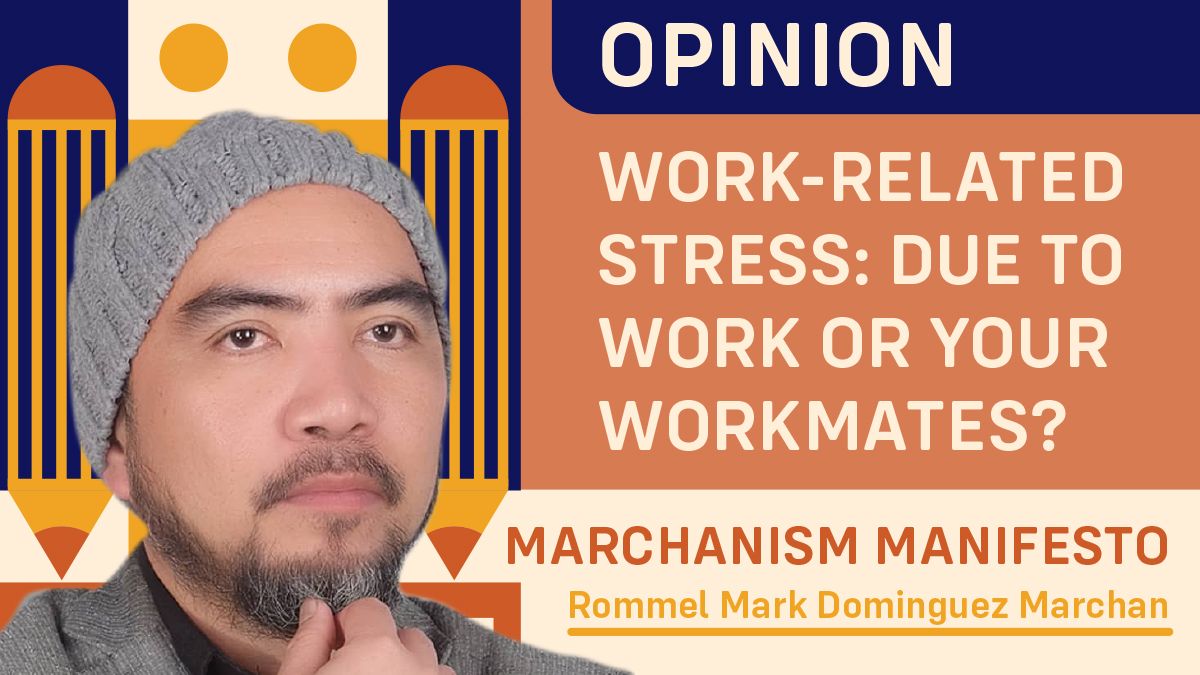Have you ever left work feeling drained, not because of the tasks you completed, but because of the people around you? You’re not alone. The modern workplace can sometimes feel like an arena—not just for productivity but for emotional endurance. But here’s the question: Does the job itself cause stress, or is it rooted in your workplace interactions?
Stress in the workplace is nothing new. Deadlines, high expectations, and evolving responsibilities are part of professional life. However, a growing body of evidence suggests that interpersonal dynamics often play a larger role in workplace stress than the actual work. A supportive team can make even the most challenging tasks feel achievable, while a toxic environment can make a dream job unbearable.
For example, consider the manager who POWER TRIP, questioning every minor decision. Or the colleague who takes credit for your ideas, leaving you fuming in meetings. Then there’s the gossip circle, where whispers and rumors swirl, eroding trust and morale. Even well-meaning coworkers can sometimes add stress by imposing their own work habits or emotional baggage on others.
But it’s not all about people. The nature of the work itself can exacerbate these dynamics. Unclear expectations, excessive workloads, and lack of recognition are common culprits. When these job-related pressures intersect with difficult relationships, the result is a perfect storm of stress.
So, how can you distinguish between stress caused by work and stress caused by workmates? Start by observing patterns. If you feel overwhelmed only when interacting with certain individuals, it may be time to address those relationships. On the other hand, if the pressure persists regardless of who’s around, the issue might lie in the structure or demands of the job itself.
The good news is that both types of stress are manageable. Building better communication, setting boundaries, and practicing empathy can help improve relationships with colleagues. For job-related stress, advocating for clarity, support, or even a shift in responsibilities can make a difference.
Ultimately, understanding the source of your stress is the first step to overcoming it. Whether it’s the job, the people, or a mix of both, the solution starts with identifying the problem—and being brave enough to take action. After all, you deserve a workplace that challenges you, but never at the cost of your well-being.
#WeTakeAStand #OpinYon #OpinYonColumn #MarchanismManifesto

